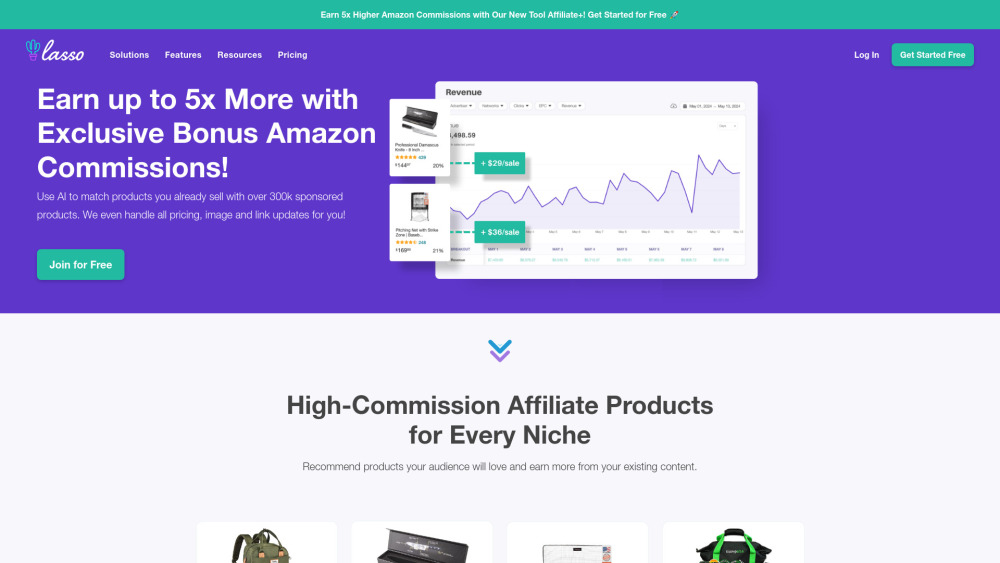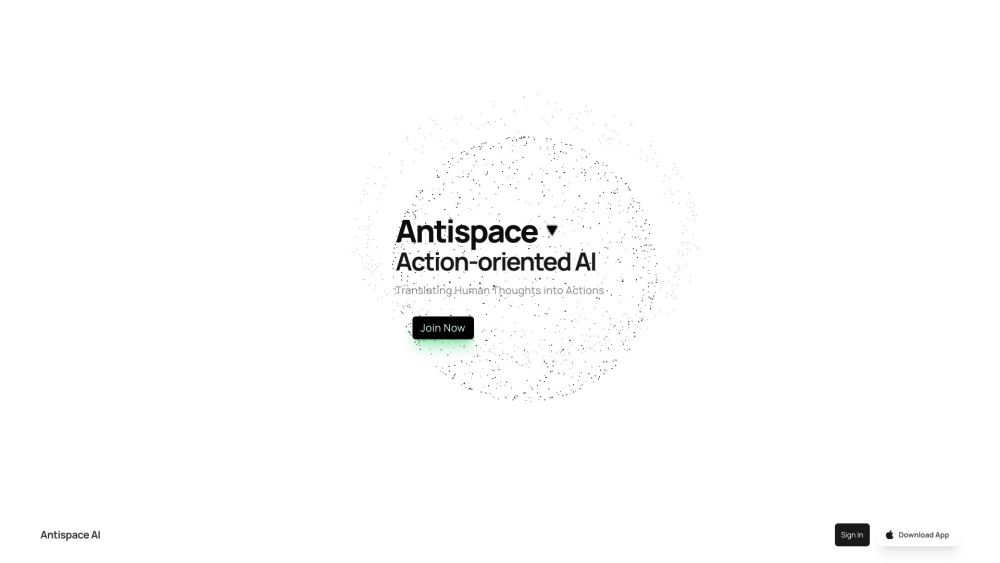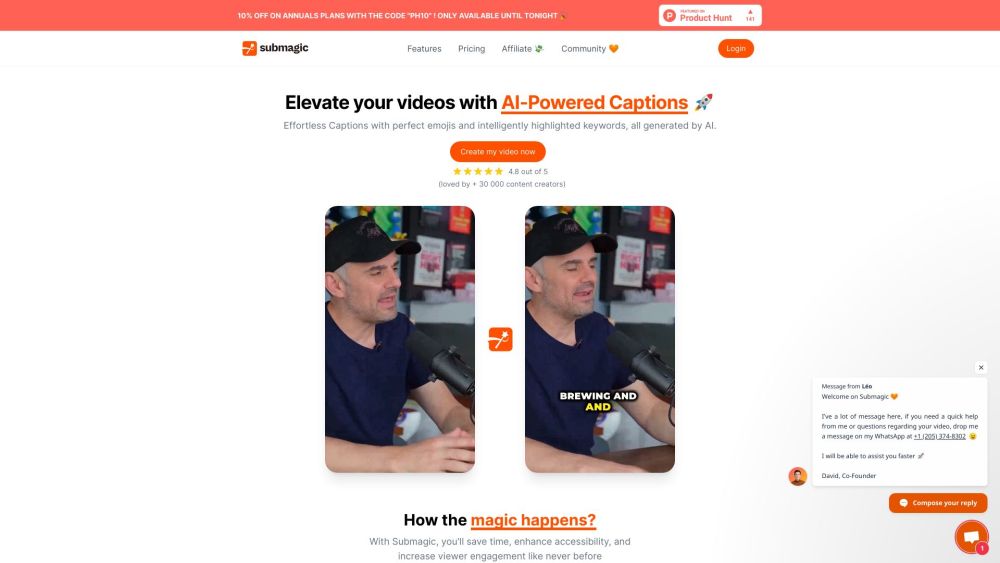Once a company reaches a significant size or complexity in its processes, establishing a knowledge base becomes essential. This resource, which can take the form of an internal website, corporate wiki, or even a set of documents stored in the cloud, enables employees to access instructions for common tasks and solutions for frequent issues. This includes onboarding, setting up new equipment, downloading software, booking time off, and troubleshooting workplace applications. A knowledge base can also help developers to write and debug software, alleviating the burden on overextended IT support teams.
Historically, creating knowledge base articles has been a slow and outdated process, relying on writers with technical expertise to translate complex subjects into clear instructions. However, InvGate has transformed this approach with the launch of its AI Hub.
The Buenos Aires-based company's AI Hub utilizes advanced large language models (LLMs) to automatically convert incident response conversations between IT support staff and users into knowledge base articles. “Our agents select incidents for knowledge creation, and our system drafts the articles for automatic publication,” explained Ariel Gesto, InvGate’s founder and CEO. “AI summarization ensures that information is easily accessible in a conversational format.”
Customers using InvGate's IT Service, Enterprise, or Asset Management platforms can access the AI Hub as part of their subscription. Offered from $300 per year per support agent, this tool allows users to choose which incidents to convert into knowledge base content, producing both an article and a chatbot version that provides responses on specific issues.
Gesto emphasized that the AI Hub leverages data from incident resolutions within their platform, ensuring that the information is relevant, secure, and compliant with SOC 2 standards. Users maintain control over the data shared with the AI Hub and can exclude sensitive information, such as Human Resources data.
InvGate employs both Microsoft’s Azure OpenAI cloud service and local versions of open-source models, like Meta’s Llama 2, to power the AI Hub. Customers concerned about data privacy can opt to use only the open-source options. “We have built a flexible service layer that allows us to utilize different AI models based on task requirements,” stated Nacho Harriague, InvGate’s director of product marketing.
The AI Hub also offers users the choice to read generated articles independently or interact with them through a conversational interface that caters to their preferences.
With a proven track record, InvGate serves a diverse clientele, including NASA, McDonald's, PwC, and Toyota, supporting over 1 million employees across 50 countries. Many organizations have transitioned to InvGate from traditional IT support systems.
InvGate facilitates ticket creation through multiple channels, including email and Microsoft Teams, and provides a Virtual Agent to deliver conversational answers from the knowledge base via its Service Desk. With the launch of AI Hub, InvGate aims to enhance efficiency and expedite problem-solving for IT teams, reducing the time spent on information retrieval.




